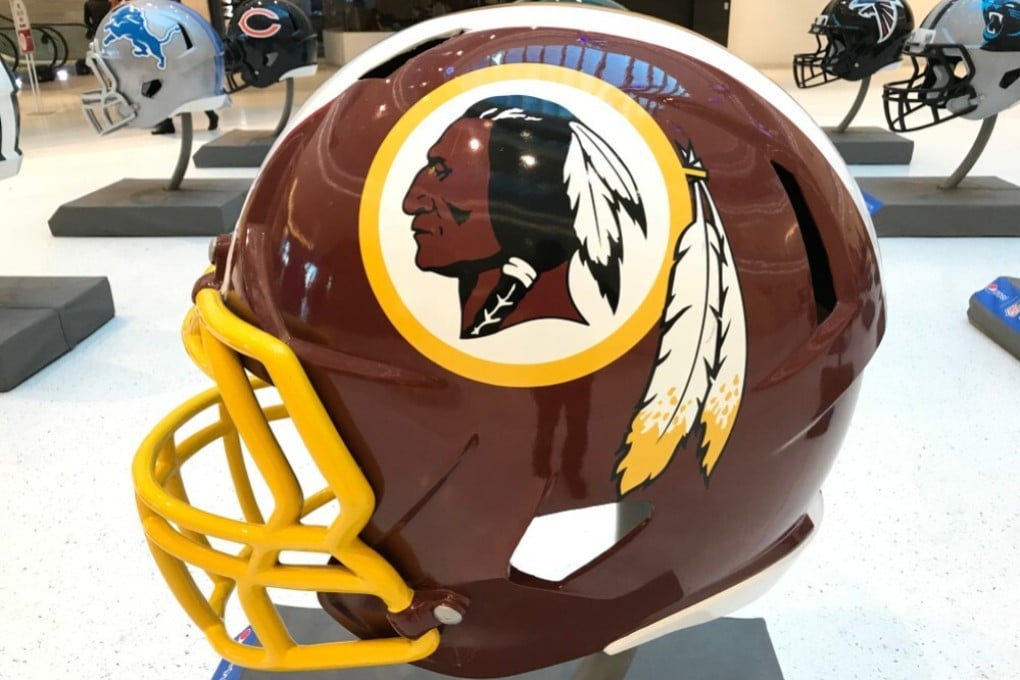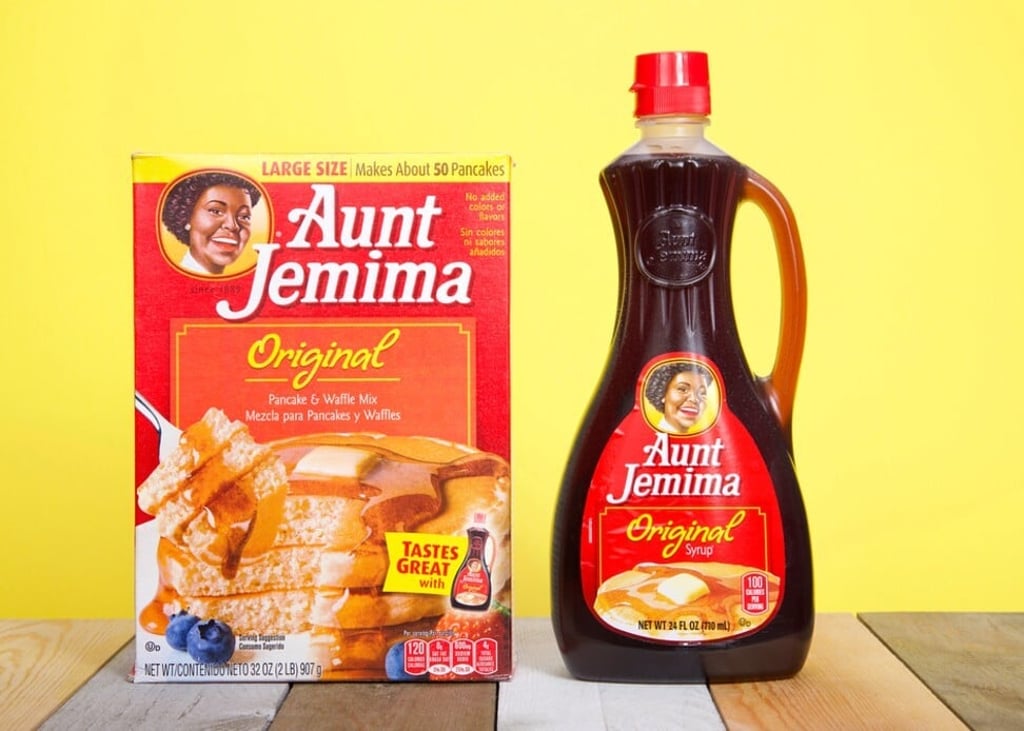Advertisement
From Washington Redskins to Aunt Jemima, the US brands pressured to change their racist names, depictions and mascots
- The Washington Redskins NFL team will soon be getting a new name, as ‘redskin’ is a racist slang term for America’s indigenous people
- Other brands that are going through reviews or have already been forced to make changes include Uncle Ben’s, Mrs. Butterworth’s and Cream of Wheat
Reading Time:4 minutes
Why you can trust SCMP

The Washington Redskins National Football League (NFL) team will soon be getting a new name after an internal review, it was announced on Monday. The word “redskin” is a racist slang term for America’s indigenous people.
This comes after mounting pressure from activists and corporate sponsors, especially in the wake of the killing of George Floyd, which has prompted conversations about race and power nationwide in the United States. The team’s owners and NFL commissioner Roger Goodell had previously defended the use of the word and the logo, which depicts a Native American.
Recently, however, FedEx, one of the team’s top sponsors and the holder of its stadium naming rights, released a statement asking the team to change its name. It also later threatened to not pay its US$45 million in contract fees if the name was not changed. Additional sponsors, including PepsiCo, Nike and Bank of America, made similar demands.
Advertisement
The football team is certainly not the only popular American brand with a problematic past. Here are several other racist names and depictions that were once considered household staples.

Aunt Jemima
Quaker Oats, a subsidiary of PepsiCo, announced on June 17 that it will retire its Aunt Jemima brand of syrup and pancake mix, saying the company recognises that “Aunt Jemima’s origins are based on a racial stereotype”.
Advertisement
Advertisement
Select Voice
Select Speed
1.00x